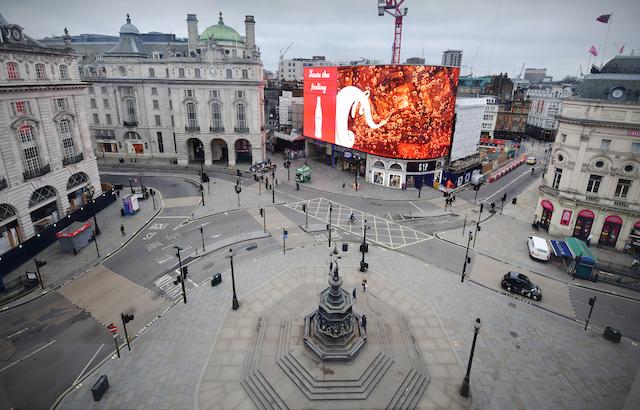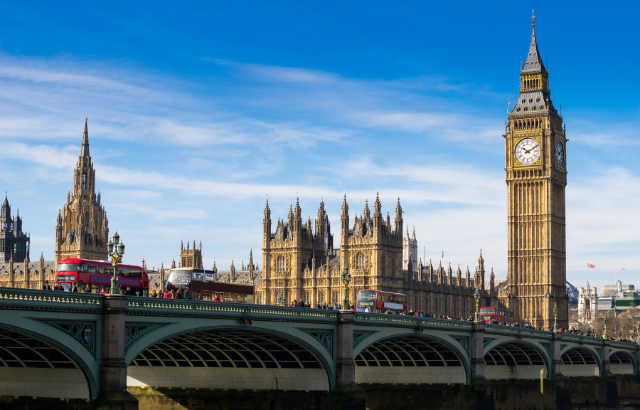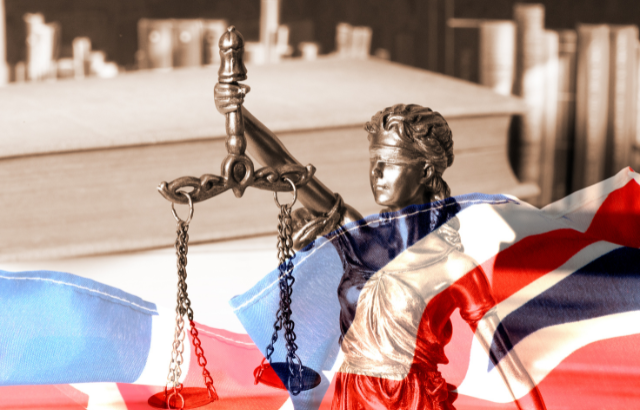Queen Mary experts address the challenges that await us post-coronavirus
As the UK enters its fourth week in lockdown, uncertainty lingers over how long these restrictions will last – and whether some emergency measures will become fixtures.

Decisions made in the coming weeks may shape our lives for years to come.
Queen Mary academics across all faculties have been addressing the social, political and economic challenges we’re likely to face in the aftermath of the pandemic.
Compounded inequalities
Coronavirus affects the entire world – but health risks, experiences and outcomes are not the same for everyone. Dr Anuj Kapilashrami, Senior Lecturer in Global Health within the Blizard Institute, has published joint research with the University of Melbourne that calls for an intersectional view of the outbreak and response. They argue that sex and gender analysis alone is not sufficient – our response must consider a range of different social categorisations, as well as structural conditions like precarious housing and employment.
Educational reform
The crisis has seen schools closed and summer exams cancelled, with grades to be replaced by teacher assessments. While the move has been met with concern by many young people and their parents, research suggests they need not worry. According to a 2019 study co-authored by Dr Margherita Malanchini, Lecturer in Psychology within the School of Biological and Chemical Sciences, teacher assessments are as reliable as standardised exam scores.
In an opinion piece in the Metro, Dr Malanchini and her co-authors argue that the method should replace exams permanently, not only during the pandemic.
The study was also cited on Tes in an analysis of teacher assessments’ reliability.
Political fallout
While its coronavirus strategy has been criticised by some, the Conservative government is performing well in polls. However, according to Professor Tim Bale, Professor of Politics at Queen Mary, this may be more a reflection of our desire to pull together as a nation than anything else.
In the Mirror, he explains how public opinion could change surprisingly fast once we begin to wonder whether the government could have handled the crisis better. He also warns that attempting to scale back their recently increased public spending could cost the Conservatives the next general election.
Military intervention
Around the world, militaries are playing a central role in national responses to coronavirus: troops are being deployed to help with population control, disease surveillance, and the distribution of food and supplies. However, Fawzia Gibson-Fall, PhD Researcher within the School of Politics and International Relations, warns that military presence can undermine public health efforts if not used carefully.
In an opinion piece for The Conversation, she argues that "boots on the ground can easily alter public confidence and impair crucial health communication campaigns by creating a climate of fear and criminalising people living in outbreak hotspots”.
Diversity and tolerance
The full impact of coronavirus on our society remains to be seen – but there may be lessons to learn from medieval Europe, according to Professor Miri Rubin, Professor of Medieval and Early Modern History at Queen Mary. In a piece for The Conversation, she explains how pandemics in diverse medieval cities such as Siena led to the vilification and mistreatment of foreigners. She warns that “the aftermath of calamity is dangerous too. We must all be vigilant; a sickness of the body can also poison the mind of the body politic”.
More information
For the latest Queen Mary news on coronavirus research and work, please read our dedicated webpage.
Related items

10 December 2024

9 December 2024

6 December 2024